Home education provides diversity and adaptability
Many people, including policy makers think of home education as a mom teaching her children the same way at home as the teacher teaches learners at school. Although this is one approach there are many other approaches available to homeschooling parents which are not used in mainstream schools. This gives home education diversity and adaptability.
Most families do not follow one approach or method to the letter as there is no one "right" way to home educate. Instead, they change their approach as they go along. Most families discover that they start out more structured in the beginning and become more flexible and relaxed as time goes on, being more eclectic in their approach. They adjust their method where needed and experiment until they find what works best for their child and the family in order to achieve their educational goals. This kind of flexibility and tailoring is one of the benefits of homeschooling.
The different educational approaches can be divided into broad categories.
- Traditional school education: This is commonly referred to as bringing traditional school into your home. It uses a curriculum that is similar to what is used in public school along with the traditional grading system. It makes use of formal assessments to measure progress. Textbooks and teachers’ guides are used for various subjects. ACE, ABeka, CAPS workbooks are examples of this approach. CAPS is a structured curriculum with assessments that was compiled by the South African Department of Basic Education. It prescribes what teachers must do for every subject down to the hour.
- Classical Education: The Classical education movement advocates a form of education purportedly based in the traditions of Western culture, with a particular focus on education as understood and taught in Classical antiquity and the Middle Ages. A method which produced some of the world’s greatest thinkers. It is a structured programme based on the development phases of grammar, logic and rhetoric (the Trivium) with a strong emphasis on classical languages such as Greek and Latin.
- Unit Studies: This is a creative, cheap and versatile approach where the whole family can partake. A topic in which the child is interested is used and studies from different angles, thus incorporation all the subjects like Language Arts, History, Science, Music, Art, etc. For example, when they study the ear they build the parts of the ear (science) read the story of Bell (history and literature), look where Bell comes from on the map (geography) and study and listen to a gramophone (technology and music) etc. Children keep notebooks and portfolios of their studies. Examples of this approach is Konos and Weaver. It is also interesting to note that the Finnish education system which is regarded as one of the best in the word is moving away from subjects and moving towards something similar called Phenomenon Based Learning.
- Charlotte Mason: Charlotte Mason, a British educator, believed a child is a person and the whole person must be educated, not just the mind. A Charlotte Mason education is three-pronged: in her words, education is an “atmosphere”, “discipline” and a “life”. “Atmosphere” is the surroundings in which the child grows up. A child absorbs a lot from his home environment. The ideas that rule the life of a parent make up one third of the child’s education. “Discipline” of good habits, and especially of character. Cultivating good habits make up another third of education. “Life” applies to academics. Charlotte believed that children should receive living thoughts and ideas not just dry facts. Books written in story form by authors who have a passion for their topic and making their subject come alive. The students are required to tell back the story in their own words in order to secure it in their minds.
- Montessori: The Montessori method is based on the idea that learning should be a natural, self-directed process. Children learn best when they are left to discover. The Montessori Method of education views the child as one who is naturally eager for knowledge and capable of initiating learning in a supportive, thoughtfully prepared learning environment. It attempts to develop children physically, socially, emotionally, cognitively and spiritually. The parent facilitates learning rather than being a didactic instructor.
- Unschooling: It is also commonly referred to as “natural Learning”, “experience-based learning”, or “independent learning.” Unschooling homes typically let their current interests dictate what they choose to study. There is no set curriculum. They see the world as their classroom. Parents provide a rich environment of books, experiences, and resources for learning and respond to their children's questions and interests. Advocates believe that children can be trusted to direct their own learning, and they do not require any study that the child does not choose.
- Eclectic approach: An eclectic approach includes elements and characteristics of different curriculums and methods. It is a flexible approach. As one curriculum cannot fulfil all their child’s educational needs the family chooses the best of a variety of curriculums and create their own unique curriculum. For instance, a family will use hands-on unit studies together with a textbook for maths, while keeping the stages of the Trivium in mind.
Summary
Parents know best how their children learns. Every family is unique, so they uses the home education method that works best for them and their children. There is also no right or wrong way to home educate. With the freedom that home education provides, there is a renewed interest in these approaches. It is also important that policy makers are aware of these to ensure that policy on education makes provision for a diversity of educational approaches.
For more information on different approaches, looking at the pro's and con's of each and asking questions to help decide on an approach, the ABC on the website has a extensive article on homeschool approaches.
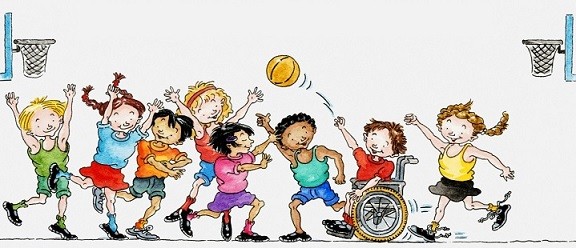
Events
Legal & Research
Centres
Homeschool ABC
Support
Curriculums
Has no content to show!



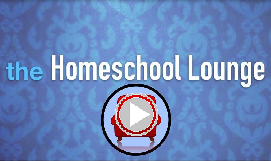




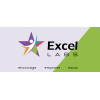
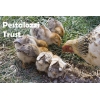
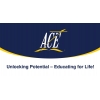
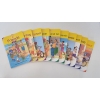
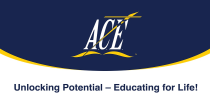

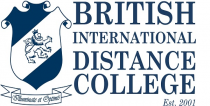

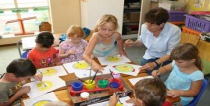
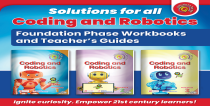


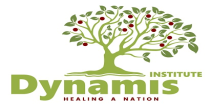

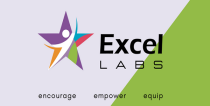



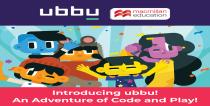





Comments 1
Hi Bouwe and Debbie, your post really rang true for me.
A couple of days ago I was speaking to a homeschooling Mom who said exactly what you've said in this post - she started out very structured and then became more flexible and open to new ways of teaching over a few months.
As a Mom who's considering switching to homeschooling, I found your post incredibly informative. Thanks for outlining the different teaching methodologies so clearly.